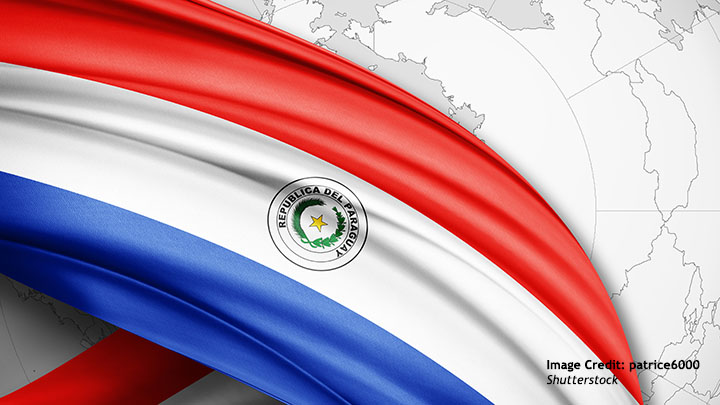Taiwan-Paraguay Relations: Convergent Trajectories

Julian Tucker and Larissa Stünkel
Abstract
- Paraguay’s ongoing diplomatic recognition of Taiwan rests upon a common historical foundation and reflects a parallel trajectory.
- Successive regimes have maintained diplomatic relations even as the external environment has changed.
- While great power politics have an impact, both Asunción and Taipei are actively shaping their relationship.
Introduction
Paraguay is Taiwan’s last remaining diplomatic partner in South America and one of a mere 15 states worldwide to still officially recognize the Republic of China (ROC). As Beijing’s efforts to reduce Taipei’s international space have grown, intense lobbying to review diplomatic policy has also been felt in Asunción. Especially after El Salvador cut ties with Taipei in 2018, concerns grew as to whether the days were also likely numbered for Taiwan’s only South American stronghold. Yet the administration of President Mario Abdo Benítez has remained committed to a diplomatic relationship with Taipei. Soon after Salvador’s realignment towards China, Taiwan’s Tsai Ing-wen met with Benítez during which the Paraguayan president referred to Taiwan as “an eternal brother.”
The apparent strength in relations can be attributed to the unique historical trajectories of both Taiwan and Paraguay. The intensifying rivalry between the United States and China, which impacts both Asunción and Taipei, has certainly played a role in the contemporary Taiwanese-Paraguayan relationship as well. However, the two share a unique and evolving history that goes beyond navigating great power politics. There is more to Paraguay’s stance towards Taiwan than simple rhetoric.
Related Publications
-
The Political Split at the Heart of Taiwan’s Struggle against Foreign Disinformation
Taiwan’s struggle against foreign disinformation and concerns about China’s impact on its 2024 election has received much international attention recently. This issue brief examines the domestic and international politics behind […]
